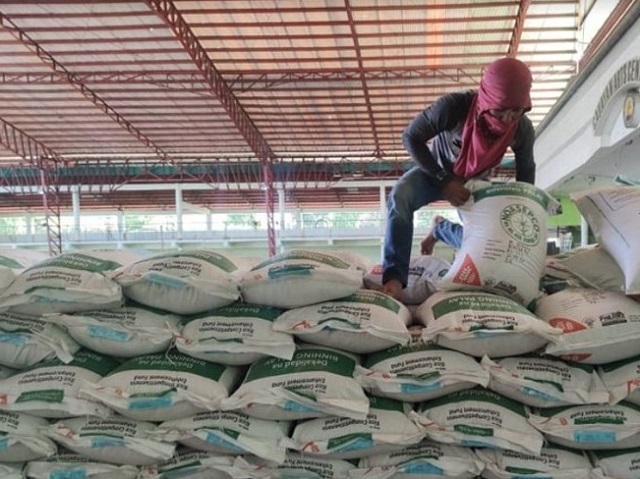
Department of Agriculture programs have supported the all-time high rice production of 19.3M MT in 2020 through certified inbred seeds, hybrid rice seeds, and fertilizers.
Analysis released by DA-Philippine Rice Research Institute (PhilRice) showed that the sustained government interventions through Rice Competitiveness Enhancement Fund (RCEF), National Rice Program (NRP), and Rice Resiliency Project (RRP) contributed to the growth in production. The Philippine Statistics Authority recently released that rice production increased by 2.6% from 18.8 M MT in 2019.
Under RCEF, PhilRice Deputy Executive Director Flordeliza H. Bordey mentioned that about 1.38 M bags (20 kg/bag) of certified inbred seeds were distributed during the 2020 dry season and 2.29 M bags during the wet season. These seeds were planted to an estimate of more than 1.7ha.
“The timely distribution of seeds in the 2020 wet season optimized the availability of rainfall and irrigation water, which encouraged farmers to plant early. Because of this, there are more areas harvested in the 2020 third quarter than in 2019. There could have been bigger typhoon damages if these were harvested in the fourth quarter,” she said.
The NRP through its regular fund has distributed around 144,000 bags of hybrid seeds. The RRP through the Expanded Hybrid and Inbred projects were able to distribute 381,000 and 233,000 bags, respectively.
Through RRP and RCEF, 2.65 million bags of fertilizer were also given out that covered nearly 820,000 ha.
The enactment of Bayanihan Act I and II, which funded the RRP, has intensified government production support for rice farmers in the wet season.
On top of the RCEF and regular fund, additional resources were made available to fund the RRP under the Plant-Plant-Plant or Ahon Lahat Pagkain Sapat (ALPAS COVID 19) Program. The RRP widened its support for farmers through the distribution of hybrid and certified inbred seeds and fertilizer.
Machines provided through the RCEF Mechanization Program have also contributed in the timely implementation of farm operations and in minimizing postharvest losses including typhoon damages.
Extension services under RCEF and NRP also helped in improving farmer’s skills and in optimizing the use of production inputs that they received.
Credit services also helped farmers source their other farm inputs especially during the time of pandemic when cash resources are limit




